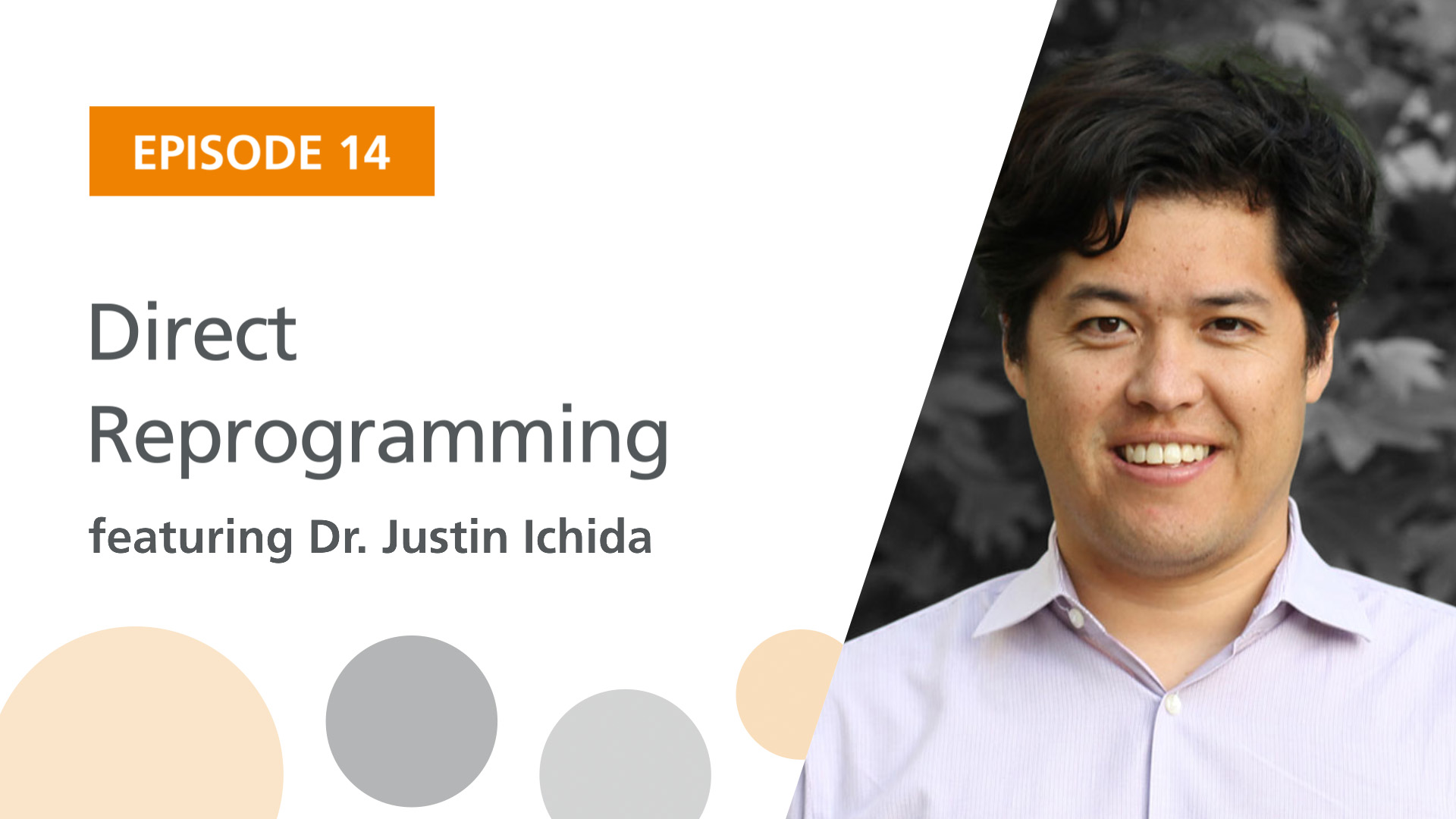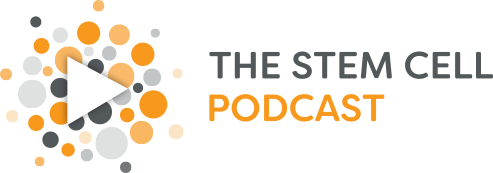
Podcast: Play in new window
Guest:
Over the past few weeks some really exciting papers came out describing the reprogramming of one cell into another, a process called Direct Reprogramming. On this episode we talk to Dr. Justin Ichida from the University of Southern California who uses the latest reprogramming techniques in his lab to study neural disease. His current research is focused on using patient-specific disease models to define the mechanisms that lead to neuronal loss in ALS and frontotemporal dementia.
Resources and Links
University of Southern California – The Ichida Lab – Board California Institute for Regenerative Medicine (CIRM) Center for Regenerative Medicine and Stem Cell Research
Early Treatment Is Found to Clear H.I.V. in a Second Baby
Acetaminophen In Pregnancy Linked to ADHD in Kids, Study Finds
Study Uncovers New Pathway of Melanoma Metastasis
New Research Finds Direct Connection Between Acupuncture and Processes That Alleviate Sepsis
‘Largest Ever’ Trial of Adult Stem Cells in Heart Attack Patients Begins
This Company Wants to Make In Vitro Meat From Celebrities’ Stem Cells
USPTO Issues Patent For Fraudulent Stem Cell Procedure
Small Molecules Facilitate the Reprogramming of Mouse Fibroblasts into Pancreatic Lineages
Direct Reprogramming of Human Fibroblasts to Functional and Expandable Hepatocytes
Human Hepatocytes with Drug Metabolic Function Induced from Fibroblasts by Lineage Reprogramming
Photo Reference: Courtesy of Dr. Justin Ichida

